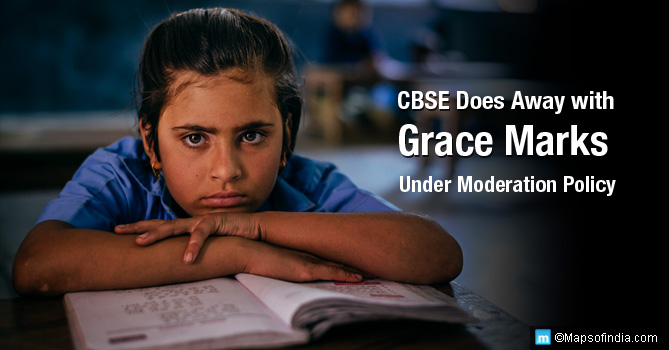CBSE has changed mark moderation policy, now no longer grace marks will be awarded to students for difficult questions.
CBSE scraps mark moderation policy: Impact on Cut off list of UG Admissions in Colleges or Universities CBSE Stop Grace Marks Policy

